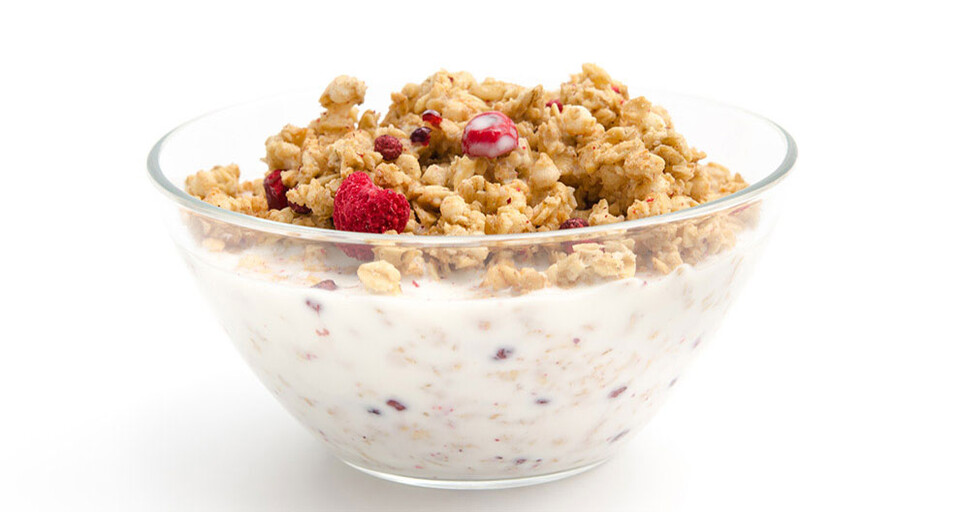Incorporating these magnesium-rich foods into your diet can help ensure you meet your daily magnesium needs. However, if you have concerns about your magnesium intake or suspect a deficiency, it's essential to consult with a healthcare professional for personalized advice. There are a few food sources that are rich in magnesium which includes:
1. Leafy green vegetables: Spinach, kale, Swiss chard. These vegetables are not only nutritious but also easy to prepare in salads, smoothies, stir-fries, and more.
2. Nuts and seeds: Almonds, sunflower seeds, pumpkin seeds. Snacking on nuts and seeds or adding them to salads or yoghurt will increase the magnesium intake.
3. Whole grains: Brown rice, quinoa, whole wheat. Choose whole grain products over refined grains to maximize your magnesium intake.
4. Legumes: Black beans, chickpeas, lentils. Add these legumes into soups, stews, salads, or as a side dish.
5. Dairy products: Milk, yogurt.
6. Fish: Mackerel, halibut. Add fish into your diet by grilling or broiling it as a healthy protein option.
7. Fruits: Bananas, avocados, and dried fruits. Add them in a portable snack or add them to smoothies, yogurt, or oatmeal.





